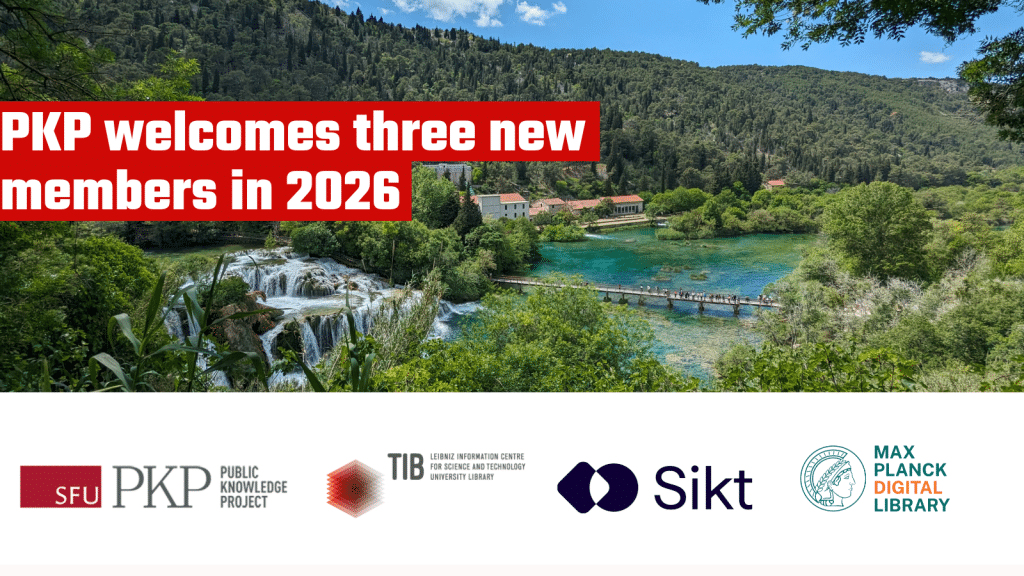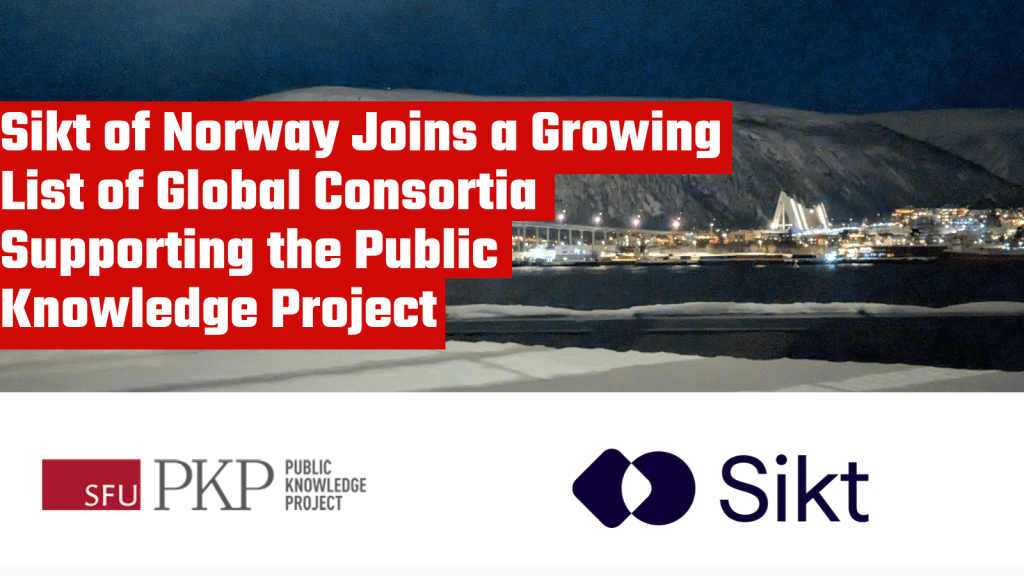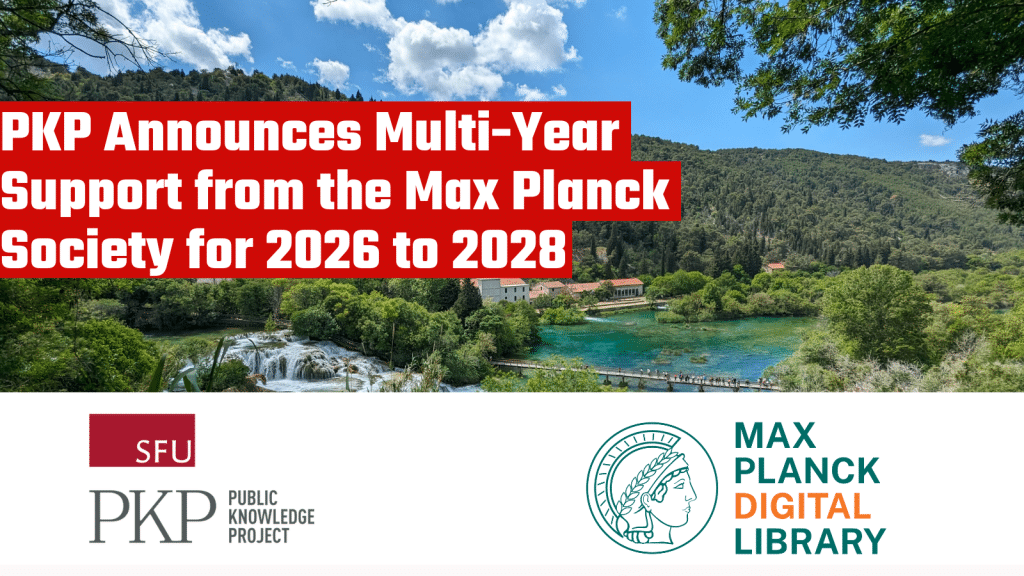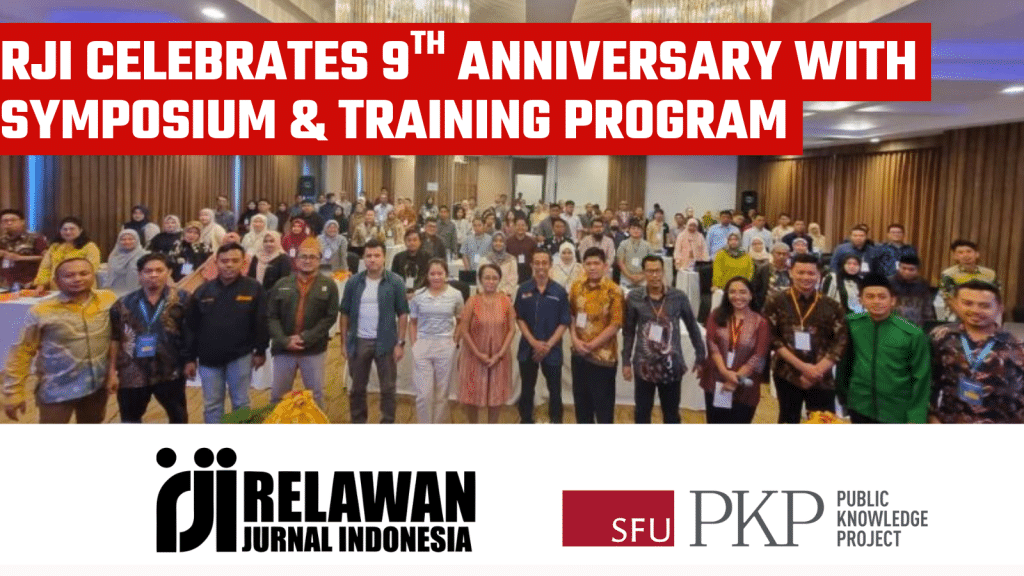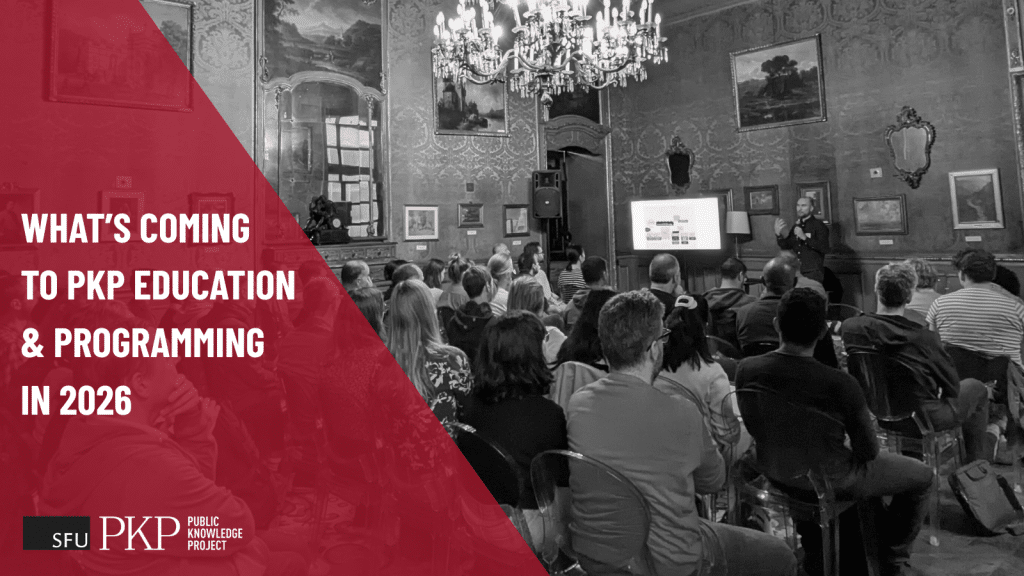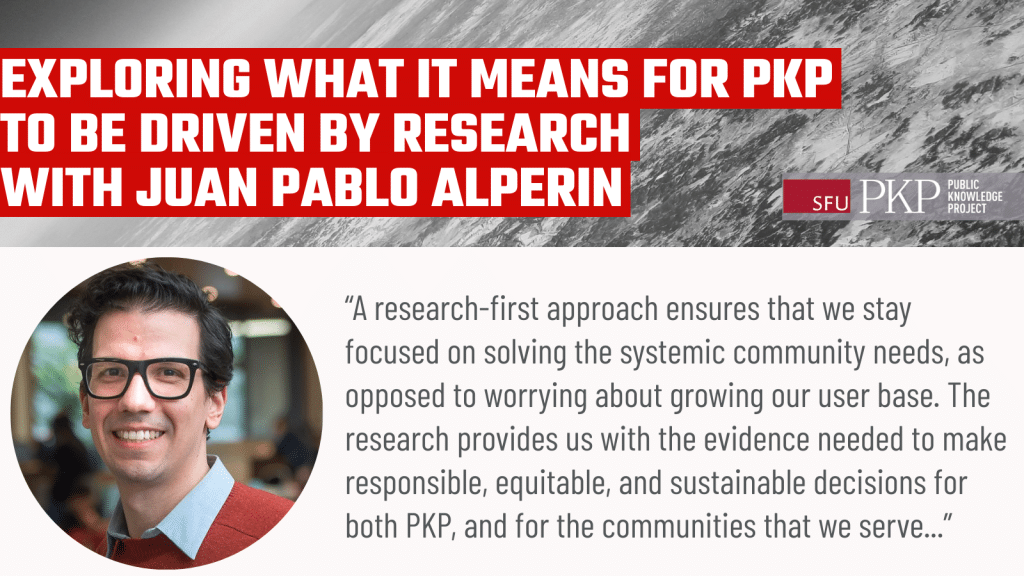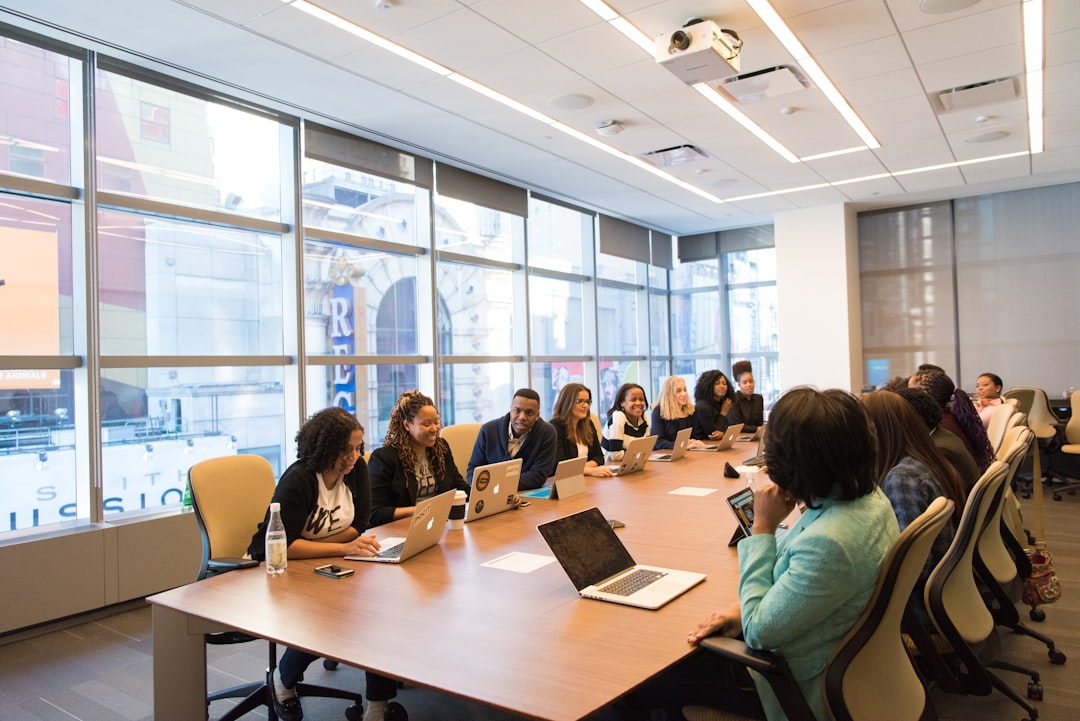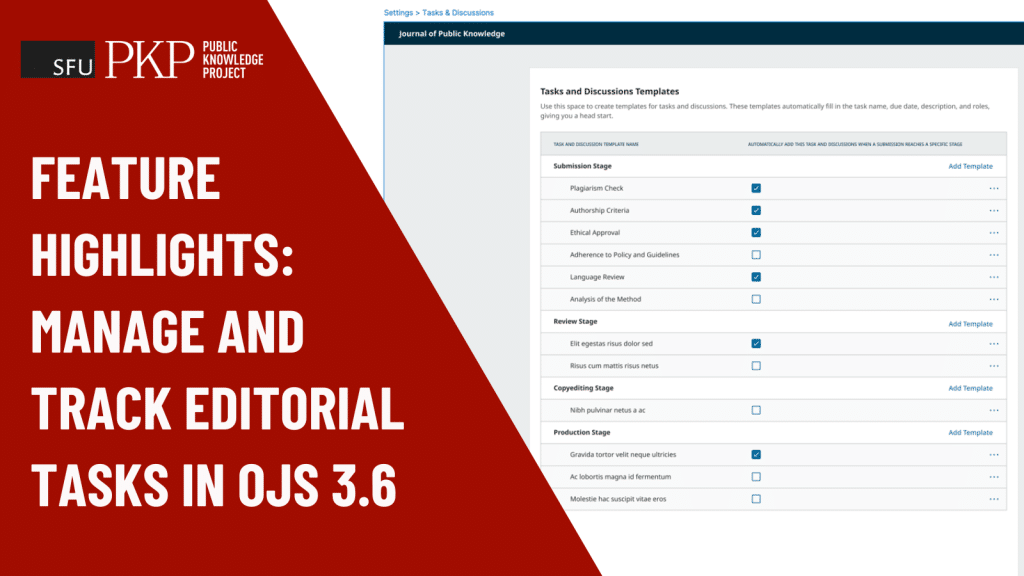
Create checklists, assign tasks, monitor deadlines, and more, all without leaving OJS. This article focuses on three features built into the upcoming OJS 3.6 release, planned for Fall 2026, that help journal managers and editors collaborate with colleagues and keep track of tasks from start to finish.
